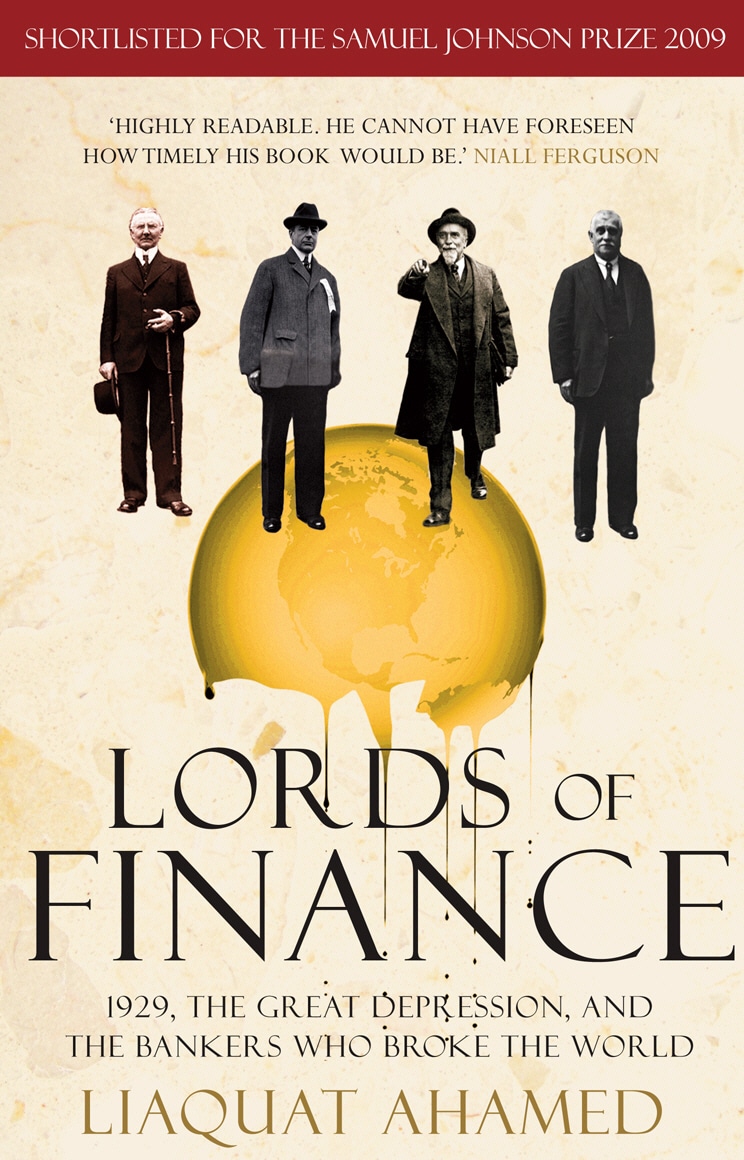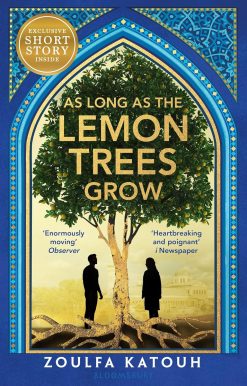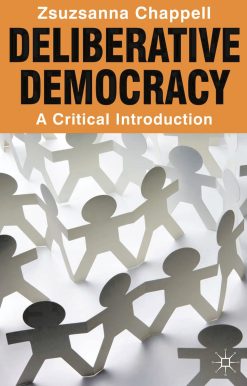No gift registry found click here to create new registry
Cart contain Gift Registry Items cannot add products
Lords of Finance: 1929, The Great Depression, and the Bankers who Broke the World
12.99 JOD
Please allow 2 – 5 weeks for delivery of this item
Add to Gift RegistryDescription
THIS HAS HAPPENED BEFORE.The current financial crisis has only one parallel: the Wall Street Crash of 1929 and subsequent Great Depression of the 1930s, which crippled the future of an entire generation and set the stage for the horrors of the Second World War. Yet the economic meltdown could have been avoided, had it not been for the decisions taken by a small number of central bankers.In Lords of Finance, we meet these men, the four bankers who truly broke the world: the enigmatic Norman Montaguof the bank of England, Benjamin Strong of the NY Federal Reserve, the arrogant yet brilliant Hjalmar Schacht of the Reichsbanlk and the xenophobic Emile Moreau of the Banque de France. Their names were lost to history, their lives and actions forgotten, until now. Liaquat Ahamed tells their story in vivid and gripping detail, in a timely and arresting reminder that individuals – their ambitions, limitations and human nature – lie at the very heart of global catastrophe.
Additional information
| Weight | 0.494 kg |
|---|---|
| Dimensions | 4.2 × 13 × 19.7 cm |
| Format | Paperback |
| Language | |
| Pages | 576 |
| Publisher | |
| Year Published | 2020-3-19 |
| Imprint | |
| Publication City/Country | London, United Kingdom |
| ISBN 10 | 1847943004 |
| About The Author | With degrees in economics from the Universities of Cambridge and Harvard, Liaquat Ahamed has witnessed at close hand the way countrys' economic policy is made and executed as a professional economist at the World Bank during the 1980s. He has since worked as an investment manager, with a ring-side seat at a sequence of financial crises, from the collapse of the European Monetary System in the 1990s to the current 'sub-prime' economic downturn. This is his first book. |
| Review Quote | 'Highly readable… [Ahamed] cannot have foreseen how timely his book would be. |
| Other text | 'Fascinating… a brisk, original, incisive and entertaining account of a crucial time in the world's economic history that continues to affect us all today. Anyone who wants to understand the origins of the economic world we live in would do well to read this book' |
Related products
-
On backorder 2-5 Weeks to Arrive
Add to Gift Registry -
On backorder 2-5 Weeks to Arrive
Add to Gift Registry -
On backorder 2-5 Weeks to Arrive
Add to Gift Registry8.99 JOD -
On backorder 2-5 Weeks to Arrive
Add to Gift Registry





